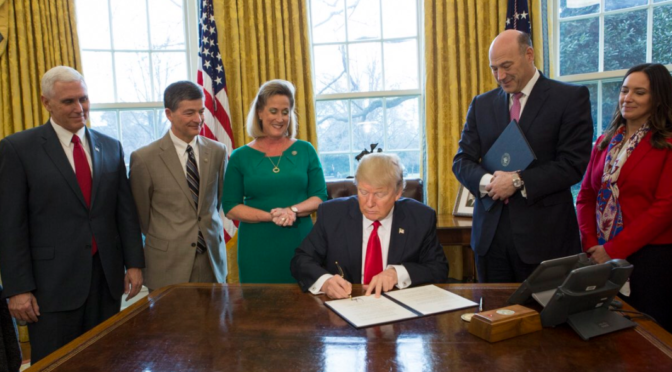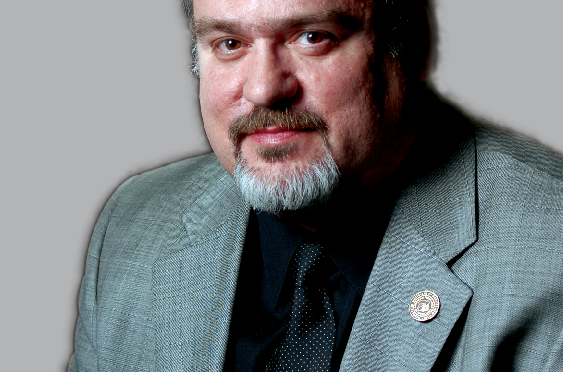A five-week college faculty strike in Ontario was ended when the government passed back-to-work legislation. The strike, which began on October 16, brought 12,000 workers from 24 colleges to the picket line in hopes of gaining job security.
About 80% of college faculty members are part-time workers being paid less than their full-time colleagues with far fewer benefits and little job security. Collectively represented by the Ontario Public Service Employees Union (OPSEU), the workers were demanding academic autonomy and longer contracts.
OPSEU is challenging the Ontario government’s Bill 178 back-to-work legislation in court, and disputing this blatant trampling of labor rights that forced the faculty back to work on November 21. Ironically, on November 22 the government passed Bill 148, which improves certain labor standards.



